Israeli Prime Minister Benjamin Netanyahu has quietly apologized to Qatar’s leadership for an unprecedented airstrike in Doha earlier this month that unsuccessfully targeted Hamas leadership.
The concession, delivered in a phone call to Qatari Prime Minister Sheikh Mohammed bin Abdulrahman Al Thani and confirmed by Israeli and U.S. officials, came just hours before Netanyahu arrived at the White House for a high-stakes meeting with President Donald Trump. The Oval Office session marks Washington’s latest effort to salvage negotiations with Hamas and secure the release of dozens of Israeli hostages.
READ-OUT OF PHONE CALL:
“Mr. Prime Minister, I want you to know that Israel regrets that one of your citizens was killed in our strike.
I want to assure you that Israel was targeting Hamas, not Qataris.
I also want to assure you that Israel has no plan to violate your sovereignty again in the future, and I have made that commitment to the president.
I know your leadership has grievances against Israel and Israel has grievances against Qatar, from support for the Muslim Brotherhood to how Israel is portrayed on Al Jazeera to support for anti Israel sentiment on collage campuses.
I welcome the President’s idea to establish a trilateral group to address both our countries outstanding grievances.”
The Doha strike marked the first time Israel had launched a military operation inside a Gulf Arab state, a red line few thought Netanyahu would cross. At 2:47 a.m. local time, Israeli jets targeted a Hamas leadership meeting in the upscale West Bay district, unleashing fireballs captured by local CCTV and triggering sirens across the diplomatic quarter. Among the dead were the son of Hamas negotiator Khalil al-Hayya and three of his bodyguards. Senior Hamas leaders, however, escaped unharmed.
Netanyahu initially defended the raid as a “preemptive strike” on a “terror command center,” accusing Qatar of sheltering Hamas. But the backlash was swift. Within days, Emir Sheikh Tamim bin Hamad Al Thani convened an emergency summit where Saudi Arabia, Jordan, and the UAE condemned the strike as a “cowardly act of state terror.” In televised remarks, Al Thani accused Netanyahu of sabotaging hostage negotiations and “killing any hope” for the families of Israelis still in Gaza.
The episode also blindsided Washington. Trump revealed on Truth Social that his administration was notified just 50 minutes before the bombs fell—too late to intervene. “Unilaterally bombing inside Qatar does not advance Israel or America’s goals,” Trump wrote, pointedly noting he had promised the Qatari Emir that such an incident “will not happen again.”
Behind the scenes, the fallout complicated Trump’s attempt to cast himself as the indispensable broker. Secretary of State Marco Rubio rushed to Doha on September 16, where the Emir demanded a formal apology as the price for restarting talks. U.S. officials privately acknowledged that without Qatar at the table, any framework deal with Hamas would collapse.
For Netanyahu, the mea culpa carries heavy political baggage. His righ-wing allies—long suspicious of Qatar’s $1.8 billion in aid to Gaza—have railed against any concessions. Finance Minister Bezalel Smotrich blasted Doha as “Hamas’s banker,” and opposition leaders accused Netanyahu of prolonging the war to shore up his fragile coalition.
The apology, however, follows precedent: in 2013, Netanyahu similarly bowed to pressure by apologizing to Turkish President Recep Tayyip Erdoğan for the deadly 2010 flotilla raid, a move that helped restore ties with Ankara, which have seen completely collapsed again.
Netanyahu, seeking to square hawkish rhetoric with diplomatic necessity, told Israeli reporters en route to Washington that “no terrorist has immunity, wherever they hide,” but added that Qatar “has a potential role in peace.”
(YWN World Headquarters – NYC)

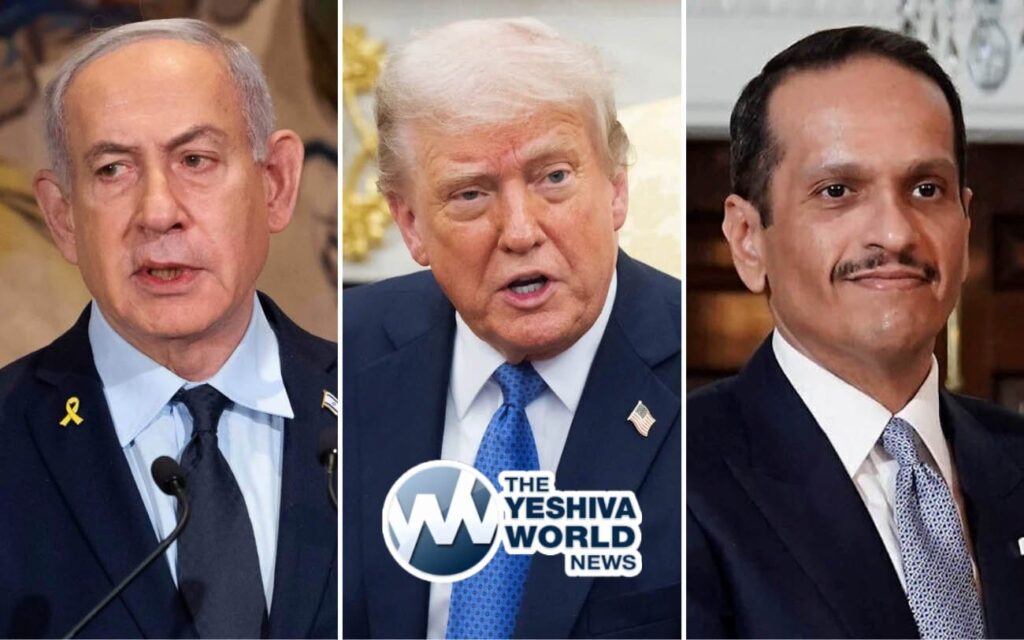
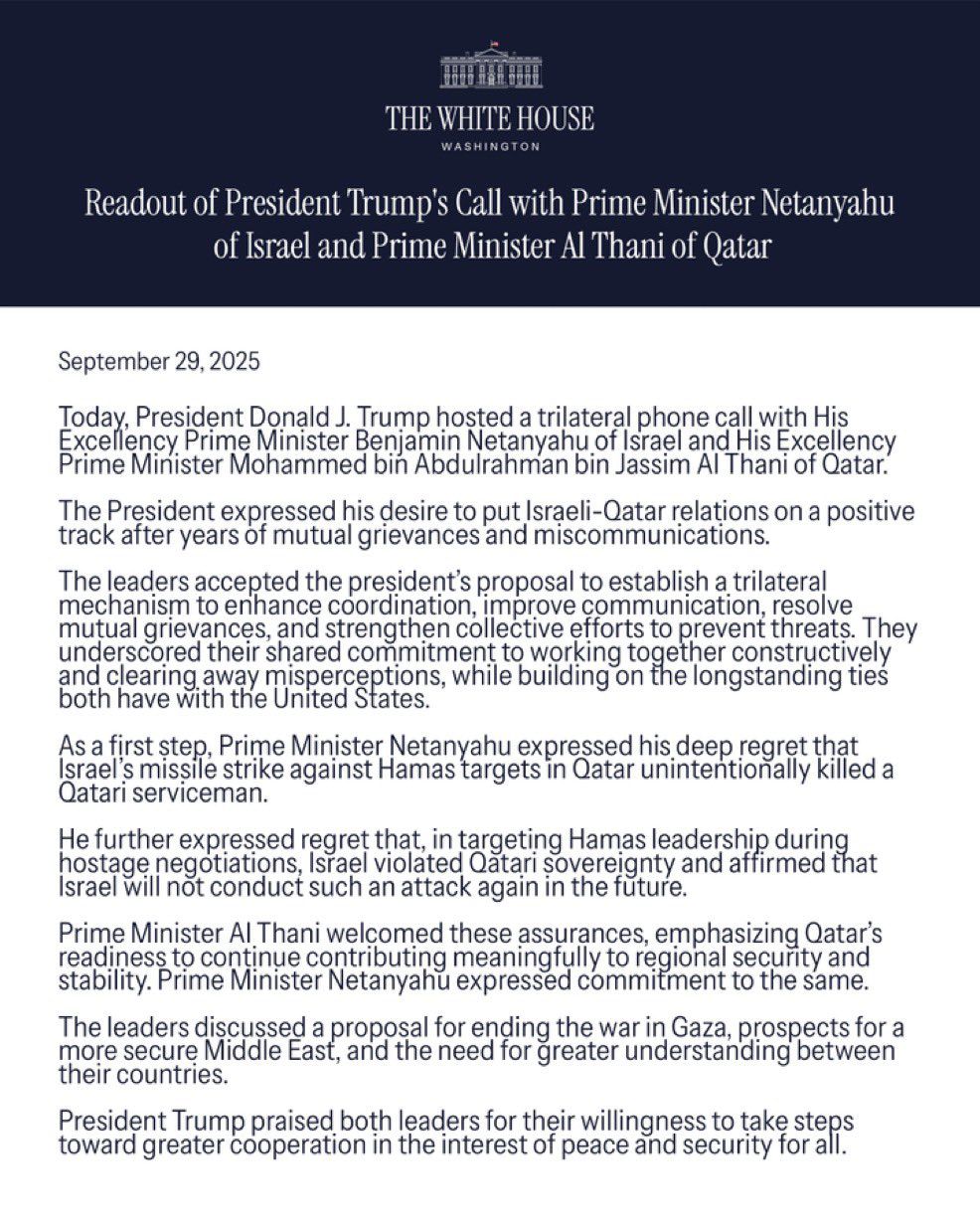

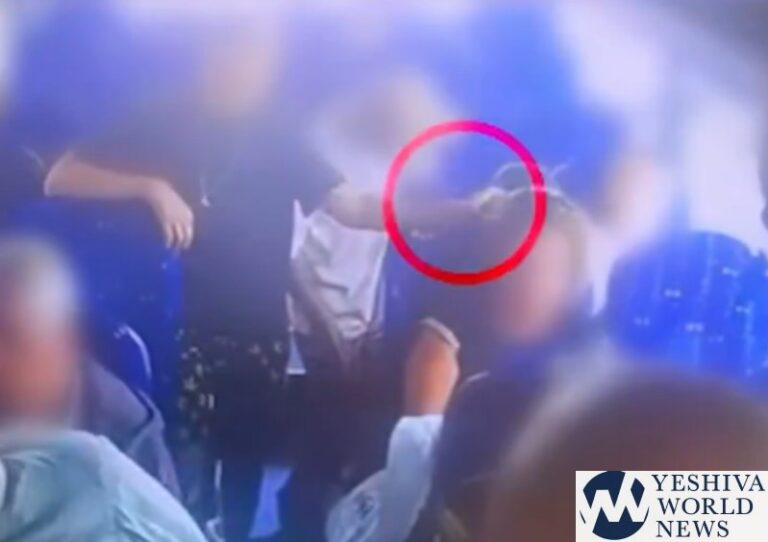
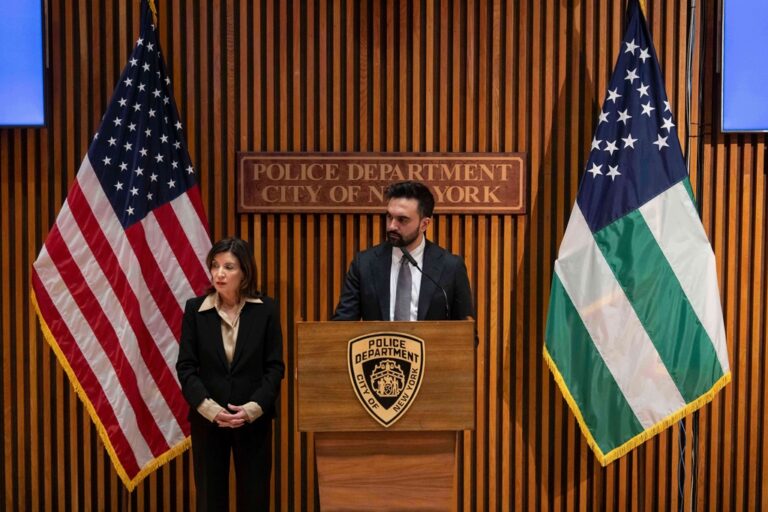
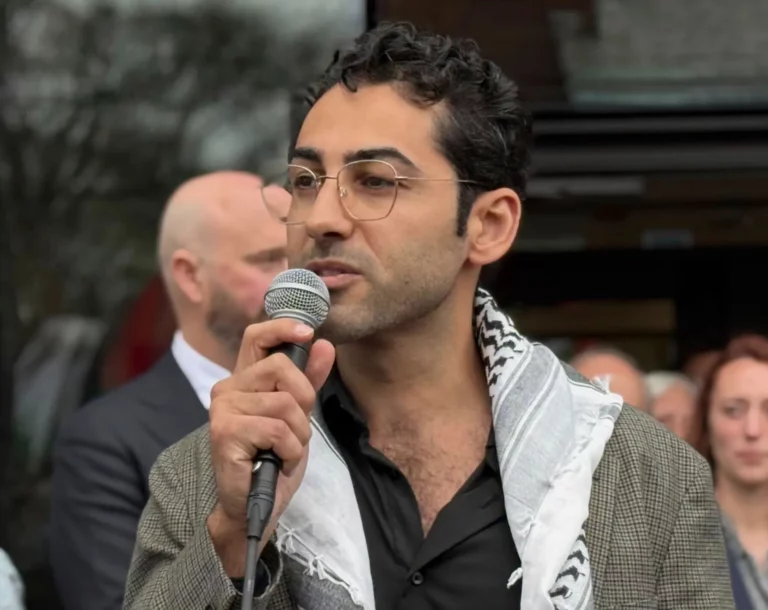

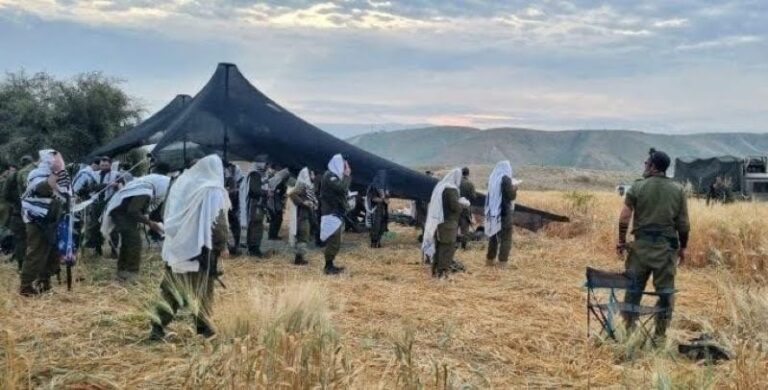

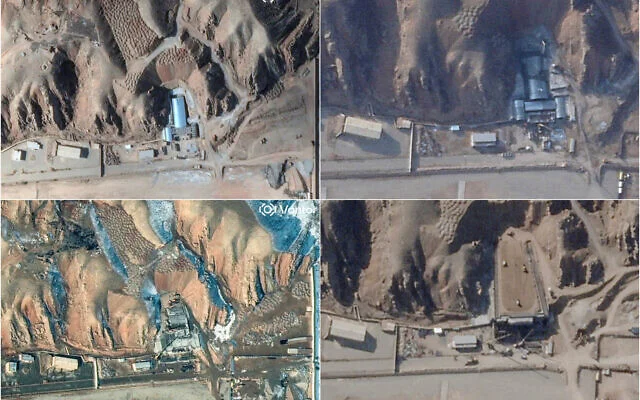

One Response
@YWN: No need to print this, but perhaps you might want to look over your pieces before publishing them, especially if it was partially or totally typed out via dictation.
“…how Israel is portrayed on Al Jazeera to support for anti Israel sentiment on collage campuses.”
The word is “college”; a “collage” is very different, of course.
“…a move that helped restore ties with Ankara, which have seen completely collapsed again.”
The word “seen” there is mistaken as is. Presumably, you meant “since” instead.